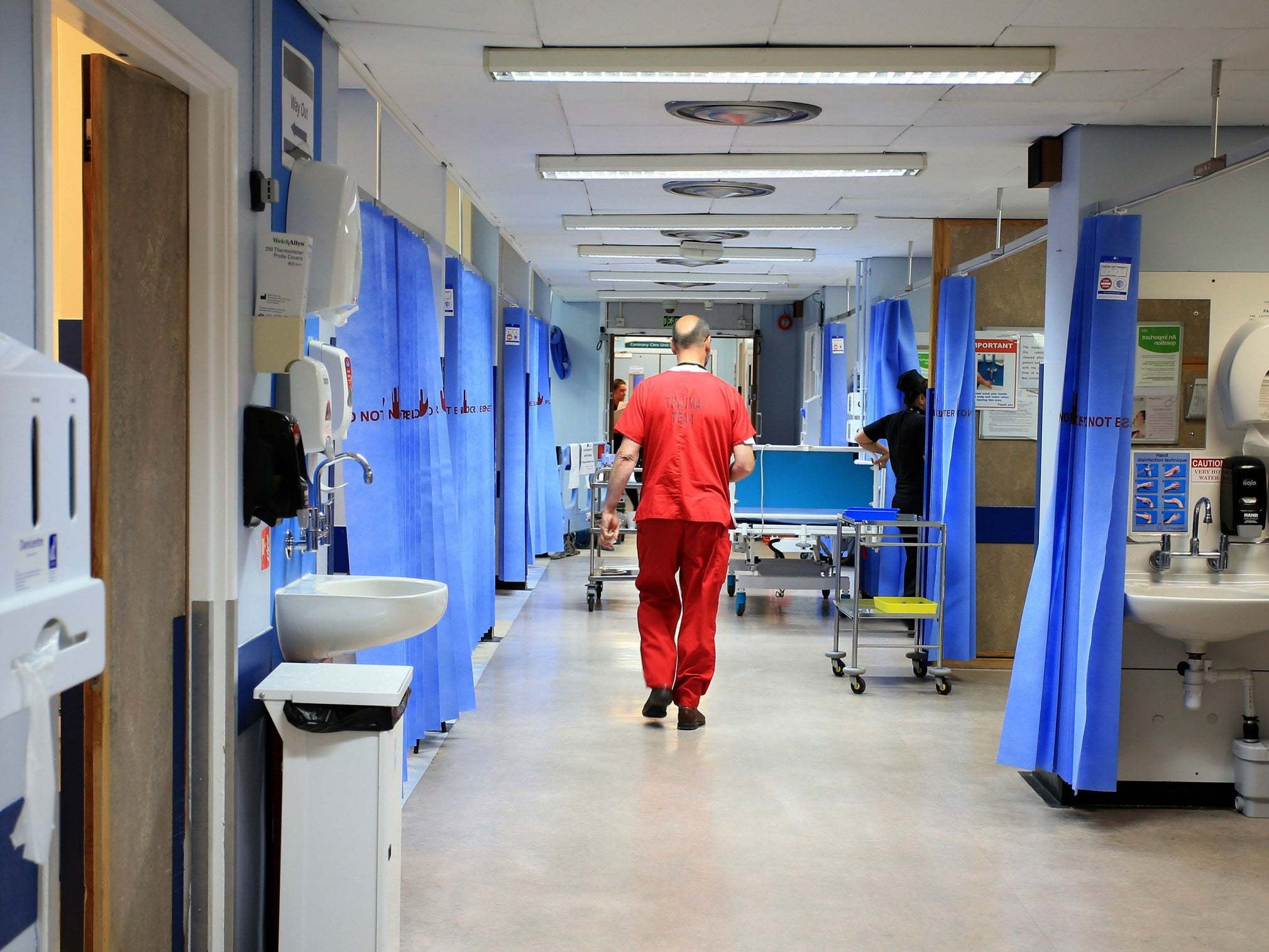Government to invest £130m in tech to treat cancer, dementia and Parkinson’s
‘We’ve got to bring NHS technology into the twenty first century,’ says health secretary Matt Hancock

Your support helps us to tell the story
From reproductive rights to climate change to Big Tech, The Independent is on the ground when the story is developing. Whether it's investigating the financials of Elon Musk's pro-Trump PAC or producing our latest documentary, 'The A Word', which shines a light on the American women fighting for reproductive rights, we know how important it is to parse out the facts from the messaging.
At such a critical moment in US history, we need reporters on the ground. Your donation allows us to keep sending journalists to speak to both sides of the story.
The Independent is trusted by Americans across the entire political spectrum. And unlike many other quality news outlets, we choose not to lock Americans out of our reporting and analysis with paywalls. We believe quality journalism should be available to everyone, paid for by those who can afford it.
Your support makes all the difference.The government has announced it will invest £133m in new technology for the NHS, including tools for arthritis and cancer diagnosis, as well as gene-based therapies for diseases including dementia.
The fund will be spread across several different areas of treatment, including £50m ring-fenced for NHS diagnostics services and for supporting Centres of Excellence in digital pathology and imaging with artificial intelligence.
Adult social care will receive £7.5m over eight years, which will fund research to improve care delivery.
A project dedicated to developing new therapies for genetic mutations, including those linked to Parkinson’s and cancer, will receive £30m over four years.
Another scheme to study chronic pain will receive £12m over three years
A further £14m will also be spent on bioscience projects across the UK.
“We’ve got to bring NHS technology into the twenty first century,” Matt Hancock, the health secretary, said.
“I’ve seen for myself how better technology and diagnosis can save clinicians’ time so they can concentrate on care.”
Leading health experts had previously warned that far more extra funding than planned will be needed to reverse years of cuts to the NHS.
A further £4bn a year was needed just to bring England in line with the average capital spending on healthcare for developed nations, Ben Gershlick, of the Health Foundation charity, told The Independent in August.
But Nicola Blackwood, the minister for innovation, described the UK as a “global powerhouse in health research and innovation.”
“The investments announced today will cement this, and help to further deliver on the NHS’s international leadership on applying artificial intelligence to complex health problems,” she added.
The money will also fund a project on multi morbidity, which is when someone suffers from two or more long term health conditions.
Researchers will receive £20m over four years for the project.
Last week a group of leading health think tanks warned that a no-deal Brexit would cause chaos in the NHS.
The Nuffield Trust, The King’s Fund and the Health Foundation wrote to MPs warning that such a situation would cause medicine shortages and exacerbate the NHS staffing crisis.
But Mr Hancock said the NHS was “now spearheading world-leading technologies that can transform and save lives through new treatments, diagnosis techniques and care”.
Join our commenting forum
Join thought-provoking conversations, follow other Independent readers and see their replies
Comments